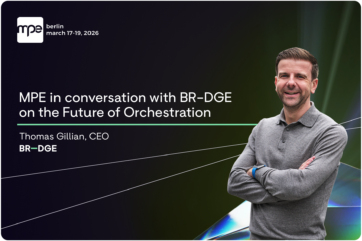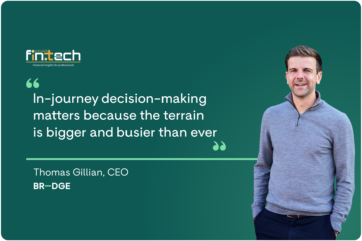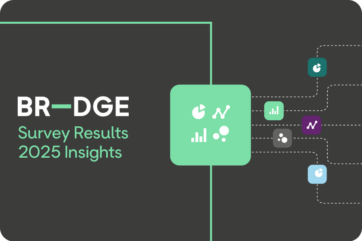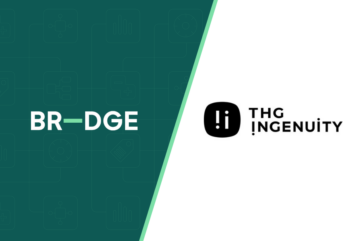
Crystal Ball 2025: FinTech & Payments C-Suite Share Game-Changing Predictions

Comment from Thomas Gillan, CEO, BR-DGE: We’re seeing continued adoption of orchestration platforms, led by merchants, but with increasing pick-up by acquirers and PSPs, the acquiring landscape will see further unbundling.
“In 2024, we witnessed a fundamental shift in the acceptance of payment orchestration at the enterprise merchant level. What started with early adopters has now evolved as these pioneers have become category leaders in verticals such as eCommerce, gaming and gambling. This momentum is extending into other industries like travel, particularly airline travel, driving significant growth. For the first time, payment providers and merchants are saying: “I don’t want everything, I just want this, and later, I might want that”. This flexibility is the promise of orchestration, and the API-first approach continues to embed itself deeper into the payment ecosystem.
In the acquiring landscape, the unbundling of services is accelerating, accompanied by a shift in mindset among acquirers. They’re moving away from commoditised acquiring models. Take Stripe, for example, a full-service PSP, where previously, using their fraud tool meant committing to their entire ecosystem. Now, they’re pivoting towards a Salesforce-like model, prioritising the creation of a payments marketplace over a singlular solution.
Historically, acquirers sought to own 100% of a merchants’ transaction volumes, often relying on lowball bids to secure them. This approach commoditised acquiring and sparked a race to the bottom on cost. Today, however, there’s a strategic shift: acquirers are focusing on accessing targeted flows within specific verticals. Payment orchestration layers provide the intelligence and technology interface to enable this level of precision.
We’ve seen the early signs of this shift throughout 2024, and it’s clear the trend will ramp up in 2025. Initially, we were somewhat skeptical about the scale of adoption, but demand from enterprise groups for choice and flexibility has proven that this shift is merchant-driven. Acquirers in turn, are softening their stance and increasingly embracing orchestration as a critical component of their stack.
The first step, the acceptance of orchestration, has been achieved. Now, discussions have moved beyond why to adopt orchestration, towards how to execute it strategically. While there’s still ground to cover, the path forward is becoming increasingly clear.”
Read the full feature in The FinTech BoostUP
Related content





